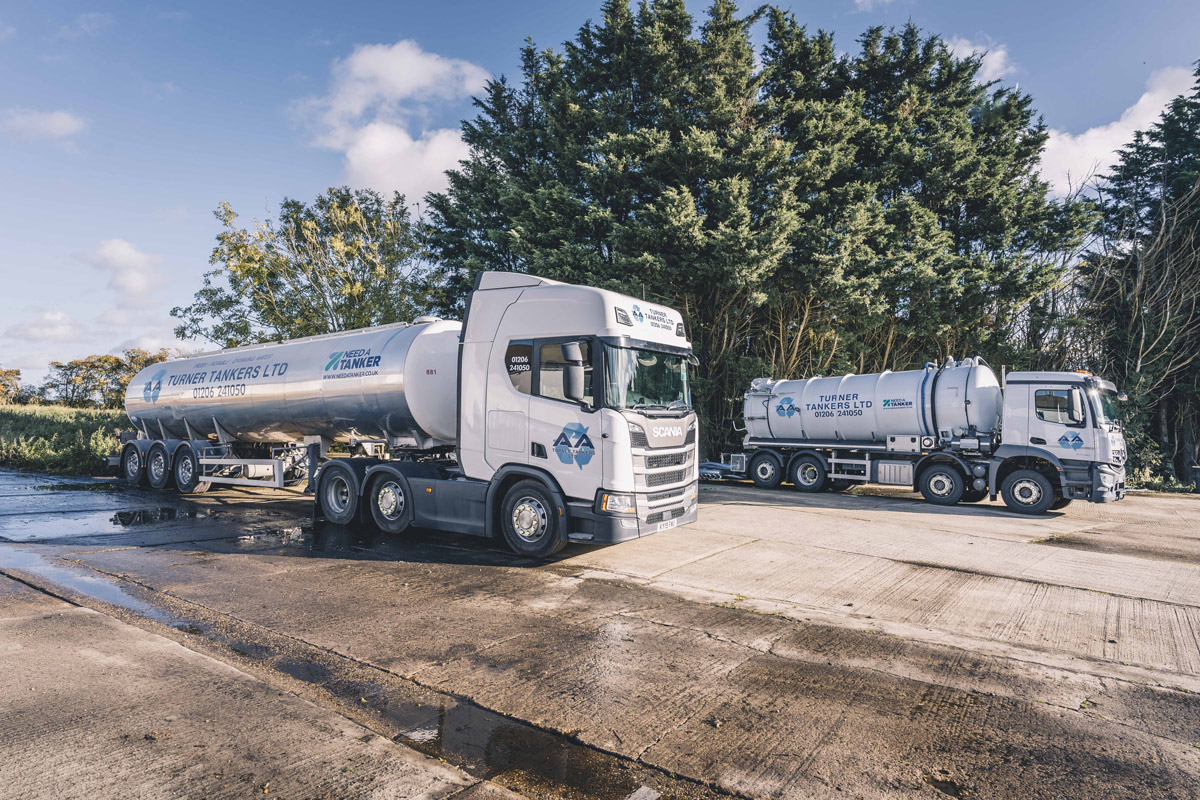Reclaim Waste Fundamentals Explained
Reclaim Waste Fundamentals Explained
Blog Article
Not known Facts About Reclaim Waste
Table of ContentsFascination About Reclaim WasteReclaim Waste Fundamentals ExplainedGetting My Reclaim Waste To WorkRumored Buzz on Reclaim WasteAbout Reclaim Waste
Explore the types, events, and types of fluid waste. Residential sewer waste refers to the waste and products from a residential septic storage tank. This kind of waste is created by people in houses, colleges, and other structures. This only consists of septic systems that have a drainpipe field. The correct administration and disposal of domestic sewer waste call for liquid waste to be moved to a sewer treatment plant where the correct techniques and equipment are related to purify and throw away waste.
Industrial waste frequently includes prospective threats, such as combustible materials or a mix of fluid and strong waste products, and calls for an extra advanced and thorough disposal process. The disposal of industrial waste typically involves the filtering of waste prior to transportation to guarantee secure and appropriate disposal. Hazardous waste is created from by-products and drainage of commercial procedures and production.
This type of waste can not make use of the very same sewer management transportation or processes as septic or industrial liquids. The hazardous waste administration procedure calls for the inspection and screening of fluid waste prior to it undertakes the disposal procedure (liquid waste removal). Overflow waste is the fluid waste that comes from runoff and excess stormwater in highly booming locations or cities
Overflow waste can cause contamination and flooding if not handled correctly. Guaranteeing proper waste monitoring can protect against calamities and minimize environmental injury.
Get This Report on Reclaim Waste
Call PROS Providers today to discover about our waste monitoring and disposal services and the appropriate ways to look after the liquid waste you create.
(https://myspace.com/reclaimwaste1)This supposed 'wastewater' is not just a crucial source however, after treatment, will certainly be launched to our land, waterways or the sea. Utilized water from commodes, showers, baths, cooking area sinks, laundries and commercial processes is recognized as wastewater.

water made use of to cool equipment or clean plant and devices). Stormwater, a form of wastewater, is runoff that streams from agricultural and metropolitan areas such as roofings, parks, yards, roads, paths and gutters right into stormwater drains pipes, after rain. Stormwater streams neglected straight to neighborhood creeks or rivers, ultimately getting to the ocean.
The Only Guide to Reclaim Waste
In Queensland, many wastewater is treated at sewage therapy plants. Wastewater is delivered from residential or commercial sites through a system of sewage systems and pump terminals, understood as sewage reticulation, to a sewer therapy plant. Local governments develop, preserve and operate most sewer therapy plants. Operators are certified under the Environmental Security Act 1994 to release cured wastewater at an appropriate environmental requirement into waterways.
The Department of Natural Resources recommends city governments about handling, operating and keeping sewage systems and treatment plants. In unsewered locations, neighborhood federal governments may call for householders to install specific or family sewage treatment systems to treat residential wastewater from bathrooms, cooking areas, washrooms and washings. The Department of Natural Resources authorises making use of family systems when they are verified to be reliable.
Many stormwater receives no therapy. In some brand-new class, treatment of some stormwater to get rid of litter, sand and gravel has actually begun utilizing gross contaminant traps. Wastewater therapy takes place in four stages: Gets rid of solid issue. Larger solids, such as plastics and various other objects wrongly released to sewers, are gotten rid of when wastewater is passed through displays.
Wastewater then streams into big containers where solids work out and are removed as sludge. Grease and residue are skimmed from the surface area. Utilizes tiny living organisms referred to as micro-organisms to break down and get rid of remaining dissolved wastes and great particles. Micro-organisms and wastes are integrated in the sludge. Gets rid of nitrogen and phosphorus nutrients that could create algal blossoms in our waterways and endanger marine life.
Our Reclaim Waste Diaries
Nutrient removal is not readily available in any way sewage therapy plants due to the fact that it calls for pricey specialised equipment. It is coming to be extra common in Queensland. Clear liquid effluent created after treatment may still contain disease-causing micro-organisms. If this effluent is released into rivers such as rivers or the sea, the micro-organisms will at some point die out.

This normally implies wastewater needs to be dealt with or impurities removed prior to it can be released to waterways. Most wastewater streams into the sewerage system. Under the Act, city governments carry out authorizations and permits for ecologically appropriate tasks (Ages) entailing wastewater launches that may have a neighborhood effect. The department provides approvals and permits to Ages involving wastewater releases that could have a regional or statewide effect.
The Definitive Guide to Reclaim Waste
Surveillance provides accurate details concerning water quality and can confirm that permit problems are being fulfilled. The info acquired via monitoring offers the basis for making water top quality choices.
Report this page